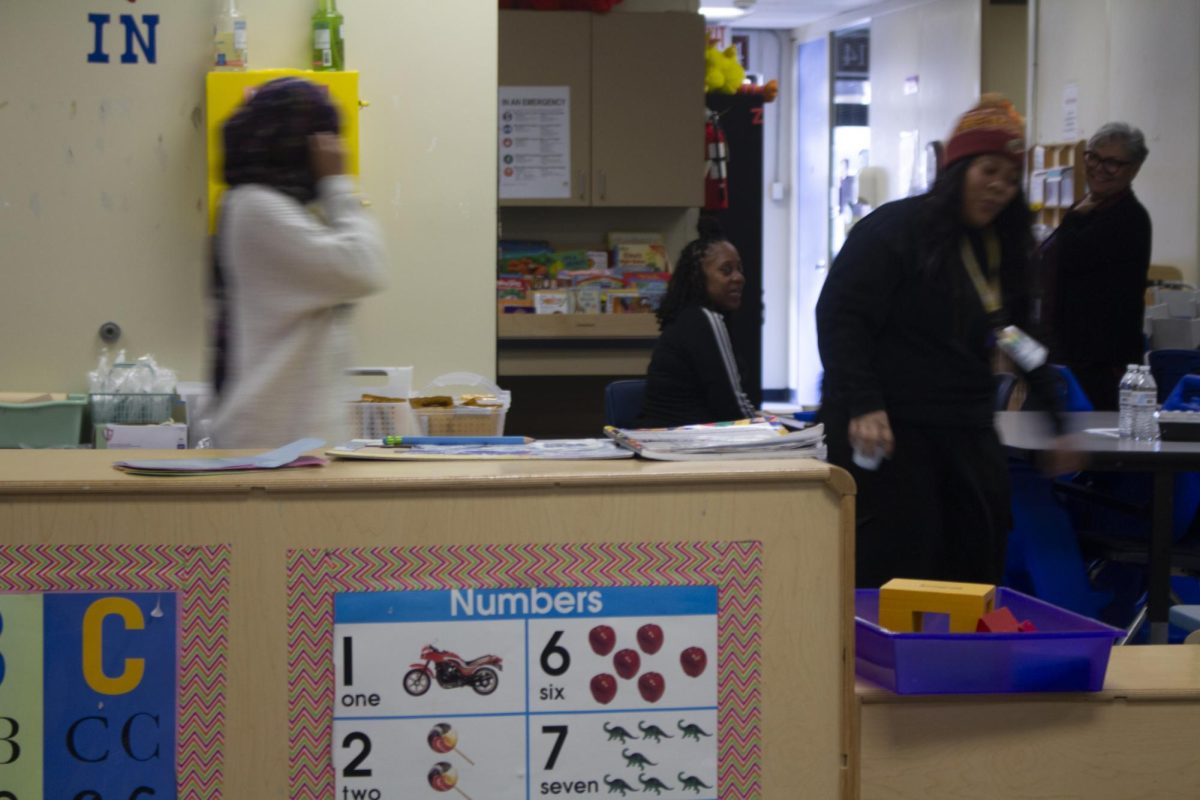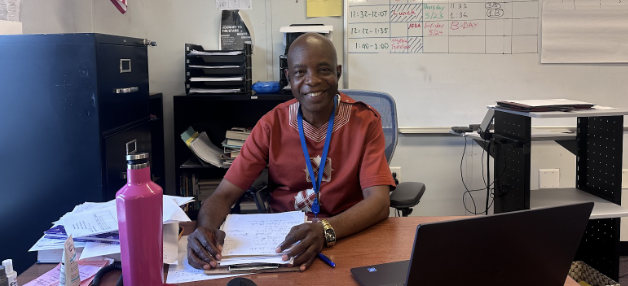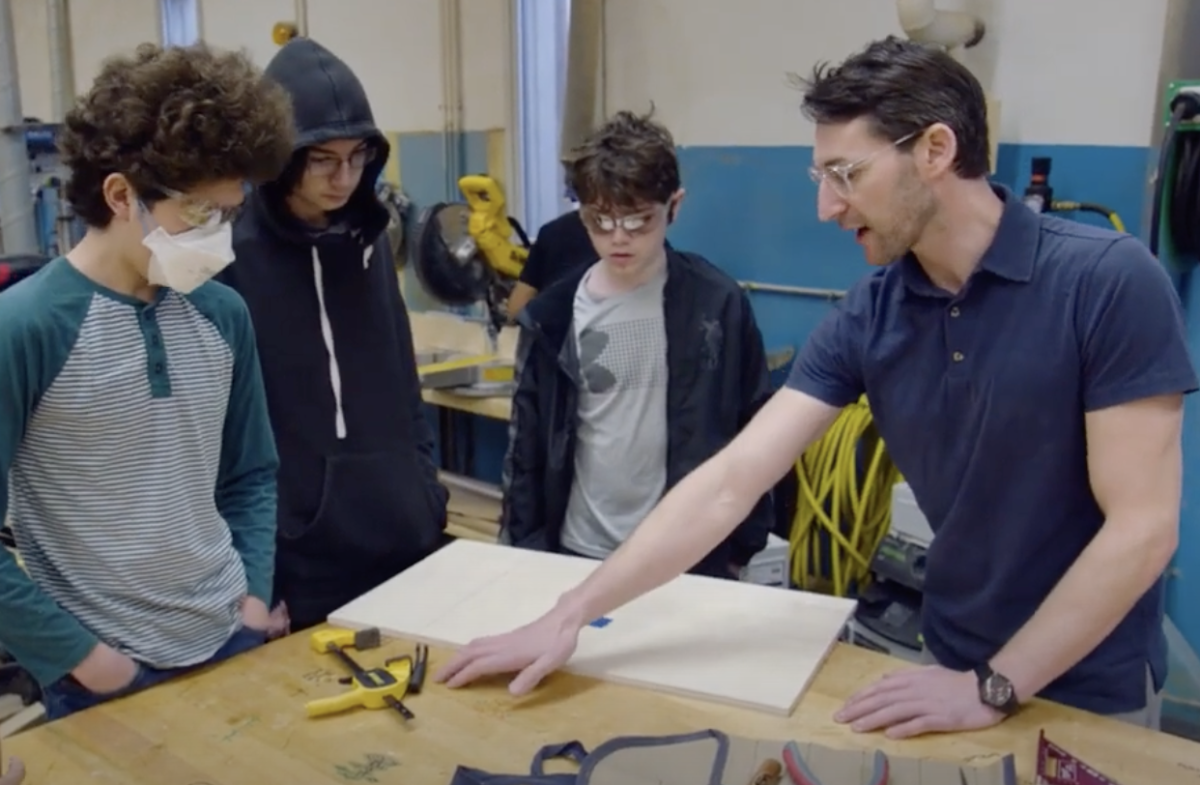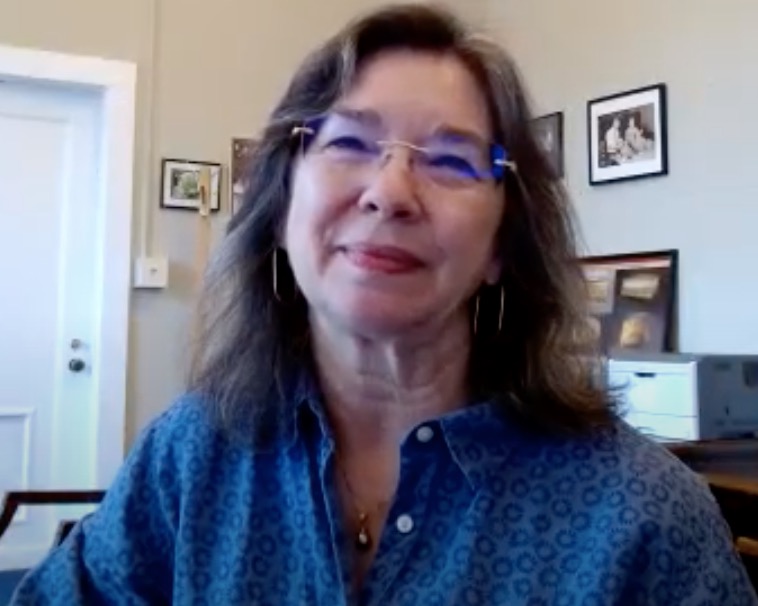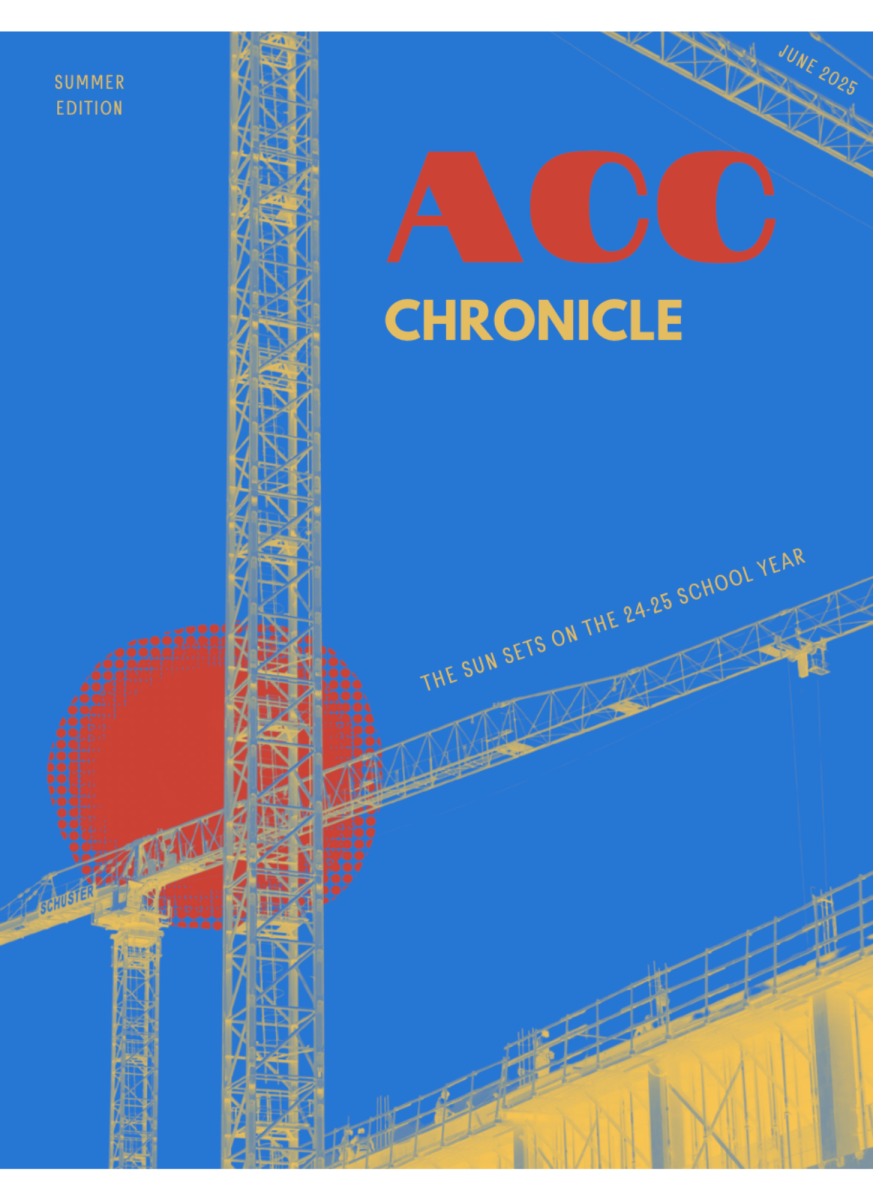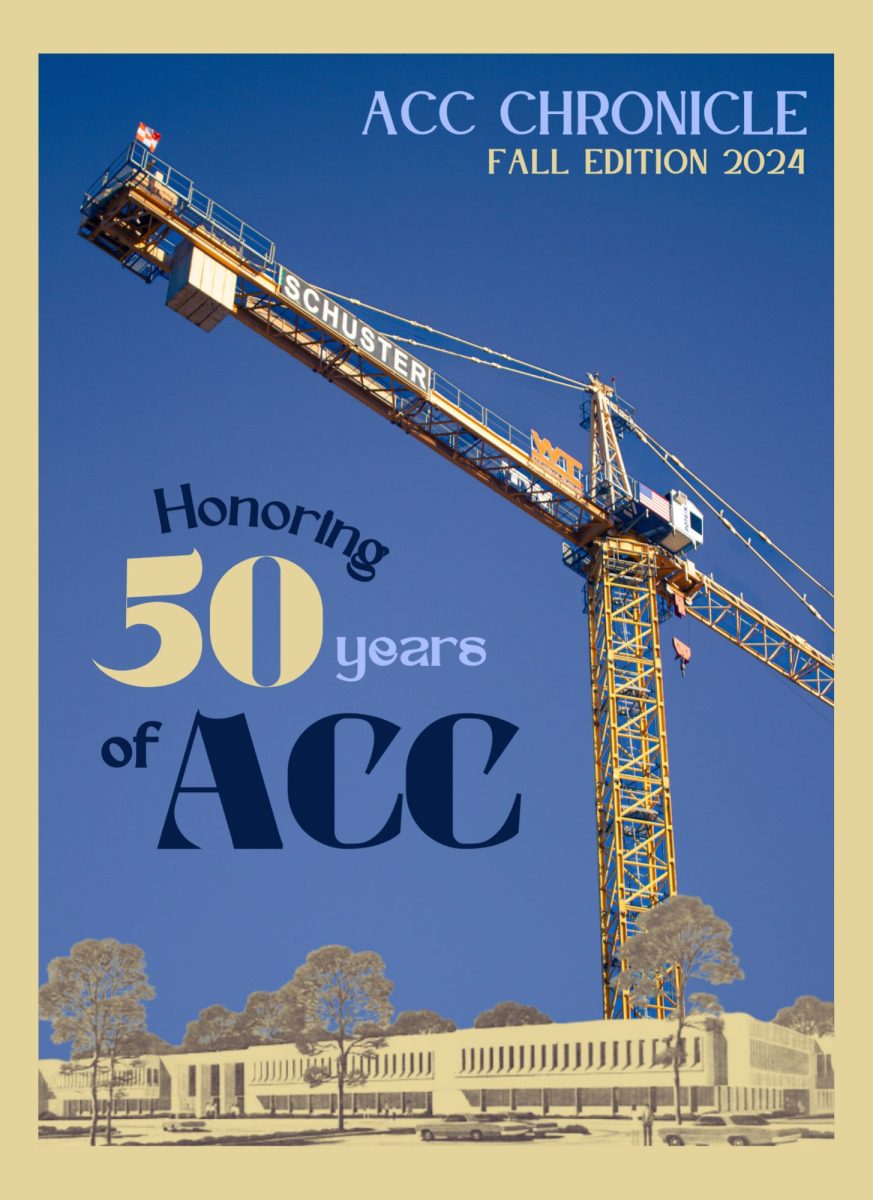Dear Arlington Public Schools,
As I prepare to begin my education at Princeton University next fall, I often look back and consider the impact taking accelerated math had on me. Besides making me a more competitive college applicant, it enabled me to earn an associate’s degree from Northern Virginia Community College before graduating high school, allowing me and my family to potentially save tens of thousands on college tuition, something that was extremely important for a low-income student like myself. What may have been a somewhat unremarkable achievement at the time granted me the resources to pursue the full extent of my academic and career goals. The opportunity to accelerate courses for certain Arlington students, however, is becoming increasingly scarce.
Widely regarded as one of the most affluent areas in the United States, Arlington residents don’t have to worry that their children are not receiving the best educational support available. In fact, according to the Civil Rights Data Collection by the U.S. Department of Education, the rate of Arlington students enrolling in advanced courses while in middle school is above both the state and national average for each ethnic demographic. In practice, however, there is a clear disconnect between the data and reality.
In the four years since I left middle school, Gunston’s once-full geometry classroom now serves four students; out of eleven hundred eight graders, only four are deemed capable of taking geometry. This is a clear sign of failing support, not incapable students.
Arlington Public Schools, like many affluent districts, has significant grade and graduation requirements for teachers. These policies, while effective to move kids along, more importantly serve to limit the lengths teacher can go to ensure students receive proper support: whether that be remediation or acceleration. As explained by Jessica Grose, an educator herself, in a New York Times article, “Parents were hyper-focused on grades and frequently pushed back when they weren’t happy, which led to many teachers playing it safe because they didn’t want the agitation, including possible escalation to the principal.” Instead of ensuring every child can reach the educational thresholds, these policies ensure disadvantaged students are held back from meeting their academic capabilities, which has a lasting effect. A different math class on your middle school transcript may not seem significant, but having the encouragement to strive for higher is important for all students, especially those with odds already stacked against them. In order to best serve future generations of students, Arlington Public Schools must work to solve the educational disparities faced by Gunston students.
Sincerely,
Joseph Sparks










